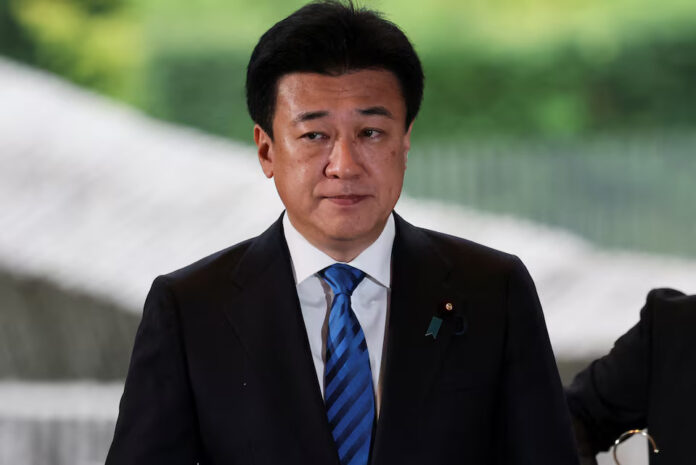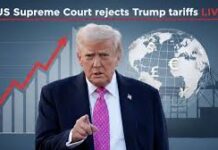
Japan has called on China to take “appropriate measures” after Beijing warned its citizens against travelling to Japan, Kyodo news agency reported on Saturday, marking the latest escalation in a diplomatic dispute tied to tensions over Taiwan.
Chief Cabinet Secretary Minoru Kihara said Tokyo had conveyed its concerns to Beijing and “strongly asked it to take appropriate actions,” though he did not specify what steps Japan expects China to take.
The travel advisory issued by China on Friday followed remarks by Japanese Prime Minister Sanae Takaichi, who said last week that a Chinese attack on Taiwan could constitute a “survival-threatening situation” for Japan, language that could legally trigger a military response under Japan’s security laws.
Kihara acknowledged that Japan and China hold divergent views on Taiwan but stressed the importance of maintaining communication, according to Kyodo.
China, which claims Taiwan as its own territory and has not ruled out the use of force to bring the island under its control, reacted sharply to Takaichi’s comments. Taiwan, located just 110 km (70 miles) from Japanese territory, rejects Beijing’s sovereignty claims.
In an apparent response to the diplomatic spat, three major Chinese airlines announced on Saturday that customers could change or refund tickets to Japan free of charge, China News Service reported.
Taiwan’s Presidential Office spokesperson Karen Kuo said China’s travel restrictions on Japan, along with military activities in surrounding areas, were heightening regional concerns. She warned that Beijing’s “politically motivated, multifaceted threats against Japan pose a grave danger to security and stability in the Indo-Pacific.”
China’s Maritime Safety Administration also announced round-the-clock live-fire exercises in parts of the central Yellow Sea from Monday through Tuesday, with entry to the area prohibited, state broadcaster CCTV reported, though it did not specify the exact location.
The developments come as Japan, traditionally cautious in its public statements about Taiwan, moves away from its longstanding “strategic ambiguity,” a posture closely aligned with that of its key ally, the United States.
Source: Reuters
Written By Rodney Mbua


















